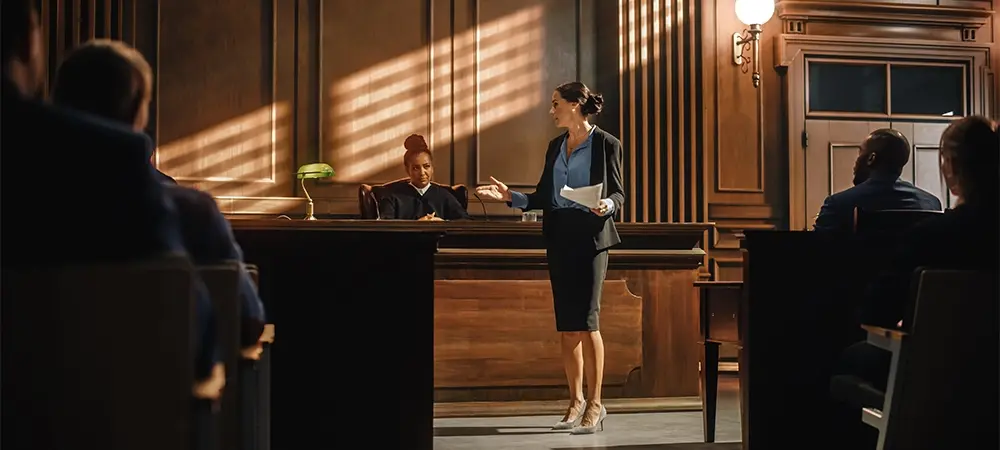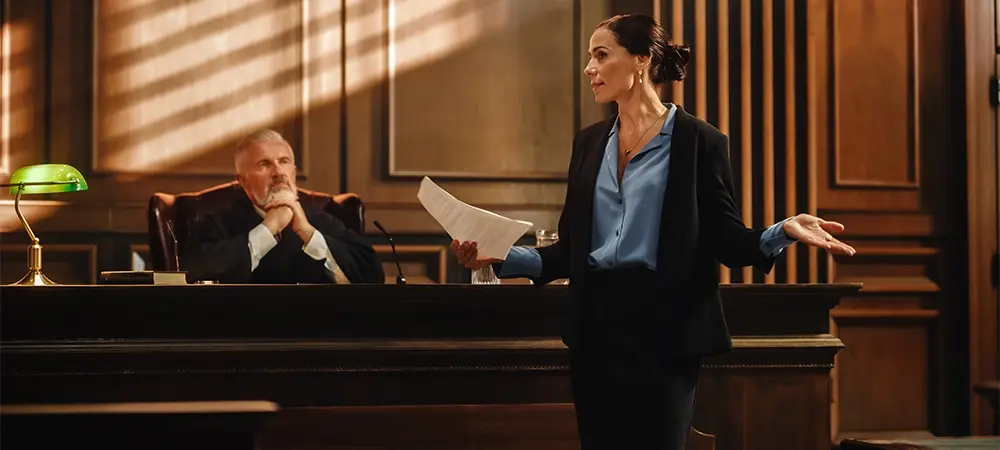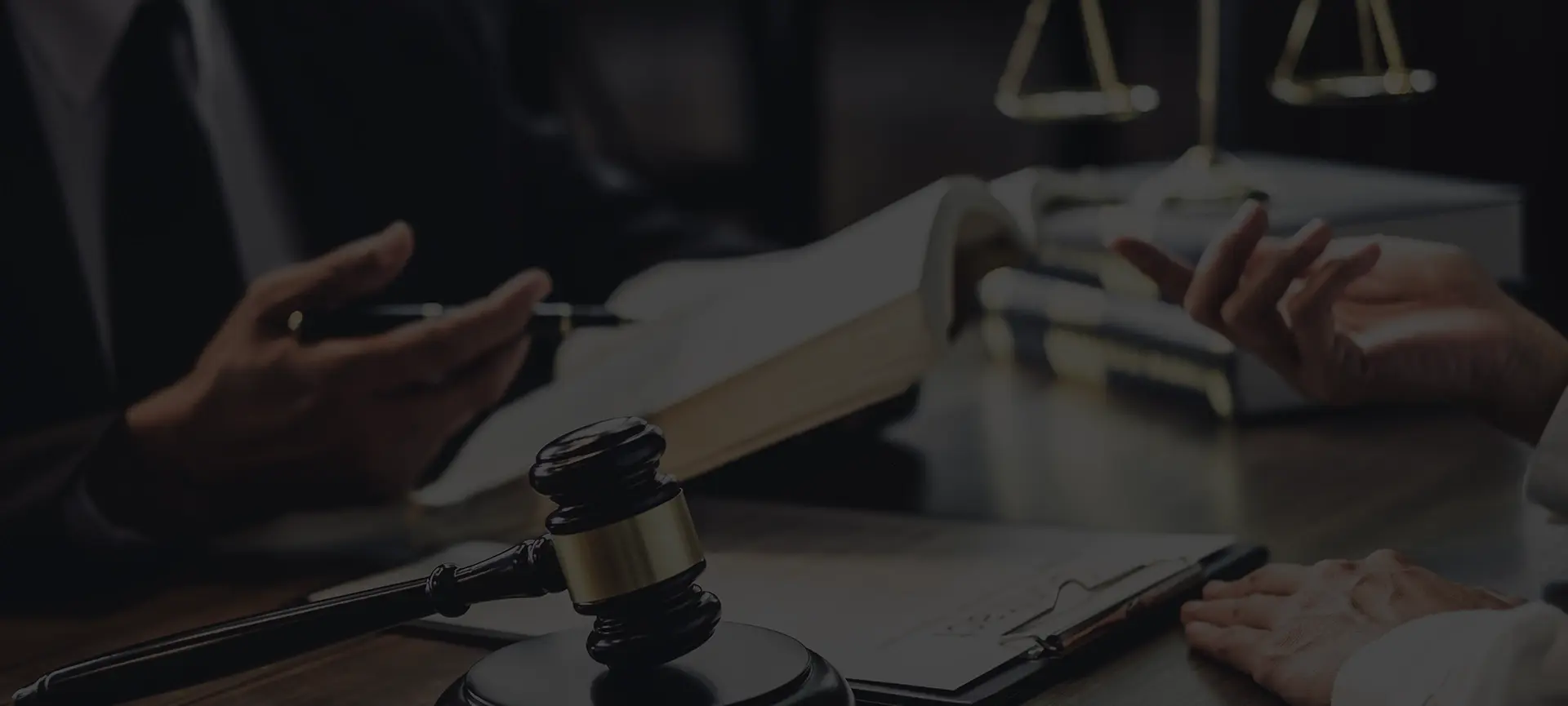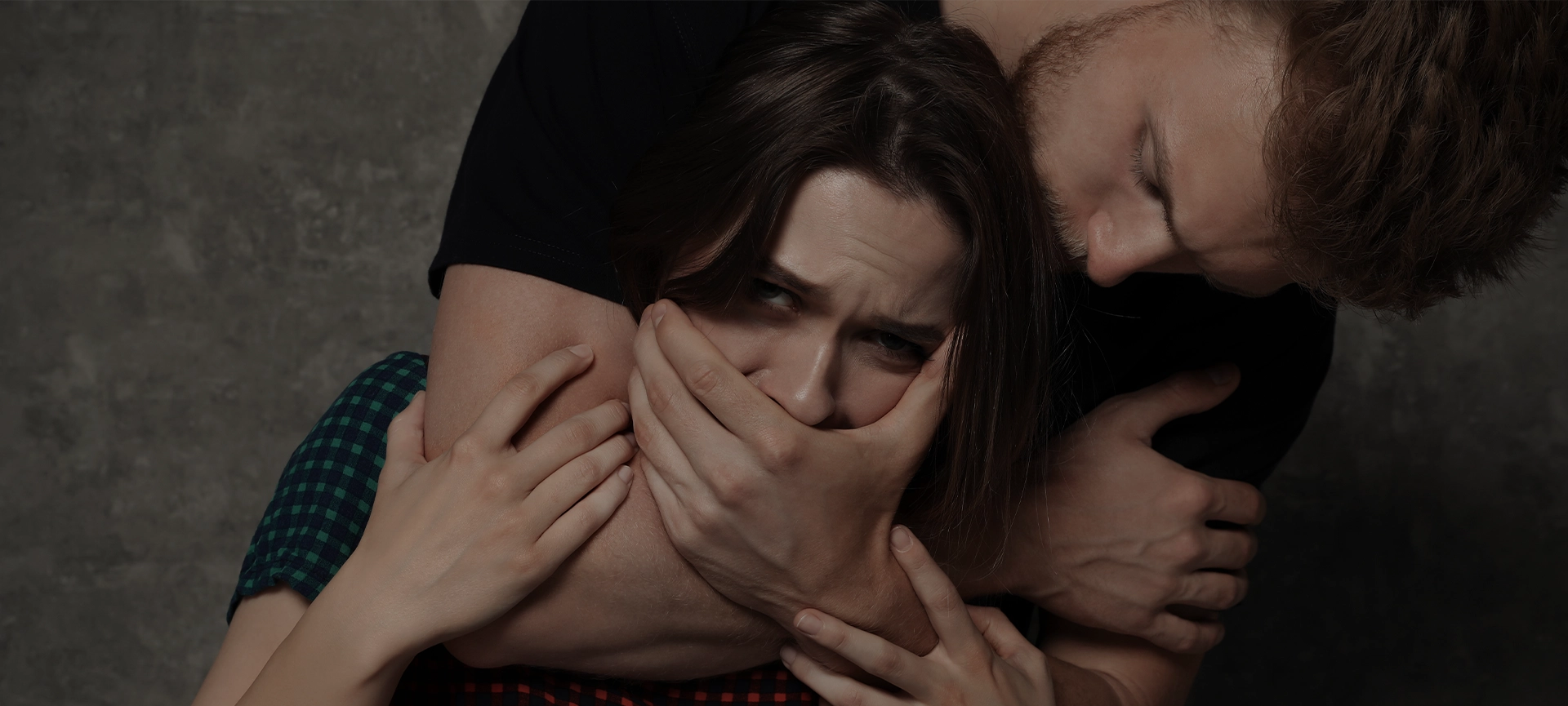Role Of The Prosecutor In The Criminal Justice System
The Canadian criminal justice system plays a crucial part in upholding the principles of the law, ensuring citizens’ rights, and holding everyone accountable under the authority of the law.
Crown prosecutors are key players in the complex legal machinery. Here, we’ll take a closer look at their roles in the criminal justice system. Read on to find out more!
What are the Prosecutors’ Responsibilities?
The primary role of a crown prosecutor is to represent the community’s interests. While they may collaborate with alleged victims and witnesses during interviews or when gathering evidence to build the case, they don’t rely on the victim to determine how the case will proceed.
In other words, even if an alleged victim decides not to press charges against the accused, the prosecutor may do so and proceed with bringing the case to court. Below are the most important ways prosecutors contribute to the criminal justice system.
1. Protecting the Victim’s and the Accused’s Rights
Alleged victims in criminal cases have specific rights. Part of the prosecutor’s job is to ensure these rights are upheld. For example, they must ensure that they have access to legal aid or are represented by their own lawyer, are informed of the status of their case, as well as access to any information they might require about the justice system. In the same vein, the accused also has the right to fair and just treatment, and the prosecutors must ensure these will be met.
Pre-Trial Roles
The prosecutor gets involved in a criminal case right after the police report is made. They begin by evaluating the evidence, reviewing the report, and then weighing in both the public interest and the legal aspects of the case to determine whether the charges represent grounds for conviction.
Roles During Trial
During the trial, the prosecutor’s job is to present the case against the accused. They do this by presenting evidence, examining how the law applies to the facts of the case, and examining witnesses. In doing so, their goal isn’t to win against the defendant but to present a case where the court can reach a fair conclusion.

Post-Trial Roles
The prosecutor’s work doesn’t end when the trial concludes. For example, they might have to prepare a case against the appeal of a defendant who was found guilty. Or, they may need to present an argument for a more appropriate sentence after the guilty verdict is rendered.
Ensuring Fairness and Justice and Addressing Other Concerns
Much goes into ensuring fairness and justice for both the alleged victims and the accused in the criminal justice system. For example, suppose either side has impaired hearing or has trouble understanding the language used in the proceeding. In that case, they have the right to an interpreter, and the prosecutor has an obligation to ensure this happens.
The prosecutors must also ensure both sides understand the role of Crown prosecutors and how this applies to engaging with the criminal justice system. Anyone with any concerns about how a prosecutor handles a case can voice them to the prosecutors themselves, their legal representative, or the relevant authorities.
Like everyone else involved in the criminal justice system, prosecutors are responsible for balancing their duty to present their case while respecting the accused and the victim’s rights.
The Overall Impact of the Prosecutor’s Role on the Criminal Justice System
As the representatives of the public, the prosecutors play an integral part in maintaining confidence in the Canadian legal system. Beyond upholding the law, their work also entails ensuring the safety of the society we live in. This is a challenging role, as prosecutors are not only held to high ethical standards but also subjected to heavy criticism from time to time.
Crown prosecutors operate based on the publicly available Crown Policy Manual created by the Attorney General to ensure public trust in the criminal justice system.
Crown prosecutors play a crucial role in district courts, but also within the Supreme Court of Canada. The complexity of their function in this court can be broken down to the criminal prosecution, with the purpose of presenting evidence related to the accused’s charges, even if this isn’t enough to secure a conviction.
However, in some cases, the evidence and public safety concerns may justify the prosecutor’s efforts in presenting a case in a way that ensures a just and fair conviction.
At the end of the day, the prosecutor’s work is never about winning or losing a case but about fulfilling a profound public duty while respecting the integrity and justness of the judicial proceedings.

Final Thoughts
The role of the prosecutor is instrumental to the whole criminal justice system. From handling the case pre-trial to presenting it in a fair and balanced way to post-trial involvements, crown prosecutors have multifaceted obligations.
Above all, their purpose is to seek justice while upholding the alleged victims and the accused’s rights while being mindful of their power and responsibilities. If you need to know more about the role of a prosecutor or require legal assistance, call AGP LLP today. We’ll be more than happy to look at your case and see how we can help you.





